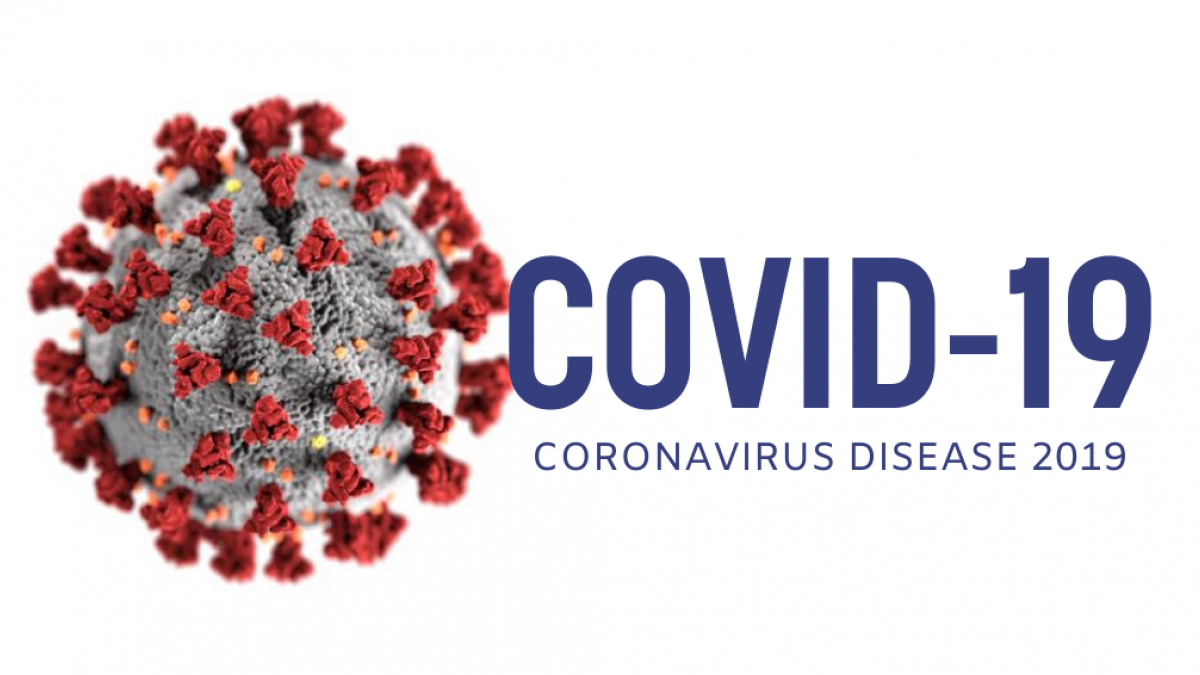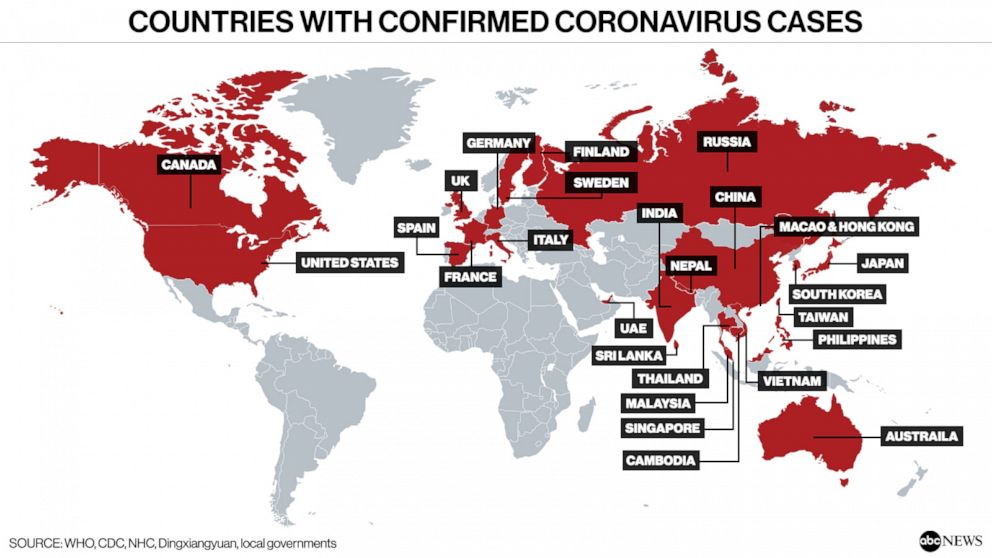How Misinformation About Covid-19 Spreads On Social Media
Coronavirus Disease (COVID-19)
Coronavirus (COVID-19) is a newly discovered disease that mainly spreads through droplets of saliva or discharge from the nose. This is a new disease that was first discovered in Wuhan, China and has never been seen before in humans. On February 11, 2020, the World Health Organization (WHO) announced its official name: Coronavirus 2019 and abbreviation as COVID-19. This is a respiratory illness and symptoms may include fever, coughing, shortness of breath, body aches, or loss of taste. The elderly and others who have underlying health conditions are at higher risk. At this time, there is no vaccine or treatment for this disease but there are many clinical trials looking for potential treatments.
Social Media's relationshp with Coronavirus
Over the summer, we were all stuck at home with the "shelter in place" order. At this point in time, many people are still attending school virtually because of social distancing guidelines. Since school takes place at home, there is more time for people to be on social media. With the extra time, the useage social media has most likely increased. Apps like Instagram, Snapchat, Facebook, Twitter, Tiktok, Facebook, and are social media platforms for people to entertain and spread information.
Social Media Passing Misinformation
All of these different platforms all have different purposes. Many people use it for entertainment but others use it to gain knowledge about what is going on in the world. There is a large variety of things shown on social media. However, these things can be anything and people can very easily spread fake information. People nowaways are also more very naive and believe everything. This is not good because a lot of the information that is passed around is false. Much of it is not true and poeple can be lying for various reasons.
"Facebook removed 10% of the 334 posts reported and flagged another 2% as false. Instagram, which Facebook owns, acted on 10% of the 135 complaints it was sent" says BBC News. Luckily Facebook was able to remove these posts, but if they didn't, more people would see these psots and start spreading false information.


